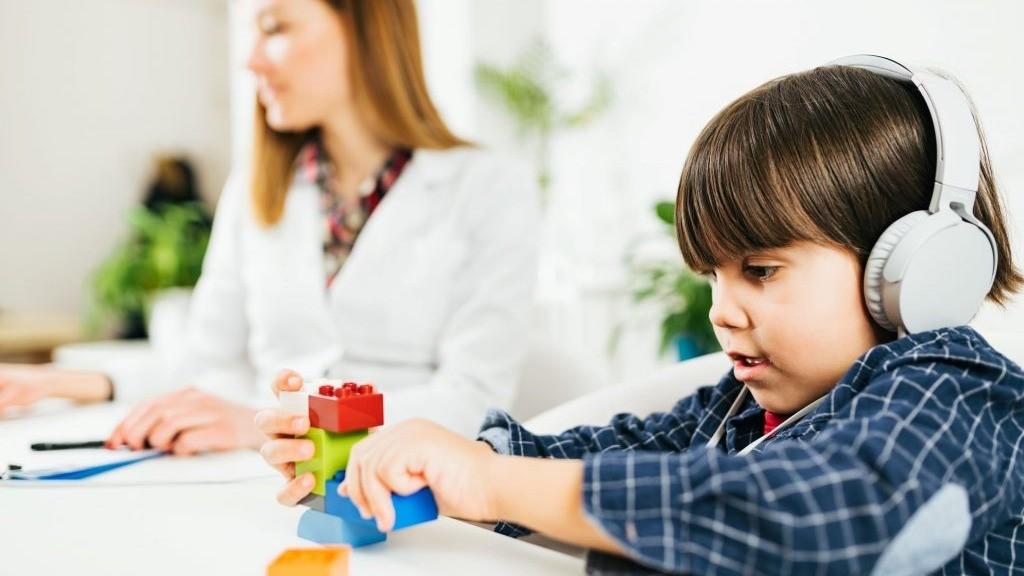
It can be hard to get a definite diagnosis of autism. Your doctor will focus on behavior and development.
For children, diagnosis usually takes two steps.
If you weren’t diagnosed with autism as a child but notice yourself showing symptoms that are negatively impacting your life, talk to your doctor. You may be referred to an autism specialist who will help you understand your symptoms and figure out if you have autism.
If you weren’t diagnosed with autism as a child but notice yourself showing symptoms, talk to your doctor. You may be referred to an autism specialist who will help you understand your symptoms and figure out if you have autism.
What to do after an autism diagnosis
If you just got an autism diagnosis, there are a few steps you can take to feel your best:
Take the time you need to understand the diagnosis. You might feel a ranged of emotions. Know that you can reach out to your doctor for help. You can continue a normal life even after a diagnosis.
Do your homework. You can read up on articles about autism. There’s a lot of information out there, but a few good sources are all you need to start learning about your diagnosis.
Listen to others with autism. There are many blogs, books, or videos that you can use to understand the condition. People with autism can also share their stories to help you learn more about it.
Get the help you need. If you feel alone after you or your child got an autism diagnosis, look for support. National advocacy groups, support groups, your doctor, people on social media with autism, or your school, job, or college can help you navigate a diagnosis.
Keep an eye out for other health issues. While autism isn’t an illness, many people with autism might also have other conditions, including ADHD, dyslexia, and others. If you have questions about you or your child’s health, see your doctor and explain your concerns.




